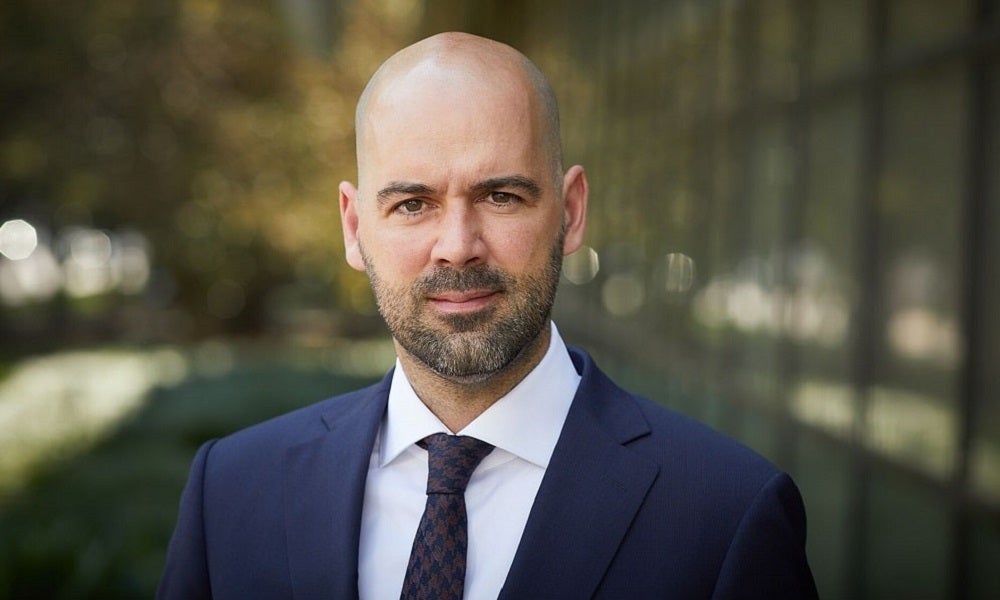Five years after COVID-19: How the pandemic reshaped the world
The pandemic reshaped economies, digital habits and careers, with younger generations facing lasting challenges, writes UNSW Business School's Frederik Anseel
First in Wuhan, then in Northern Italy, and then very quickly in the rest of the world: Five years ago, we discovered the havoc a pandemic wreaks. It is exactly five years ago that Australia closed its borders. In those first months of 2020, I argued multiple times in my writings that pandemics throughout human history have always led to major societal transformations. We made bold predictions in 2020. People would never shake hands again, cities would empty, and aviation would fade away. But the most important major transformations were not that obvious in hindsight.
First, almost no government survived the pandemic unscathed. Central banks put unprecedented amounts of money into circulation to save economies from collapse. That seemed like a good idea at the time and probably saved the global economy. However, it also led to rapidly rising inflation. This mainly affected households with average or lower incomes, resulting in angry voters who punished sitting governments worldwide.
Additionally, many citizens were dissatisfied with how governments had restricted civil liberties during the crisis. 'Overreach' led to suspicion, conspiracy theories, political polarization, and the rise of populist movements. The democratic deficit we see today can be directly traced back to hasty and ill-considered decisions during the pandemic. Of course, it's easy to talk in hindsight. Looking back, I, too, think differently about some of the measures that were imposed than I did five years ago.

Two: the internet proved to be an addictive distraction during long lockdowns. This led to an unprecedented digital acceleration. The metaverse may have been a flop, but the COVID-19 crisis created the definitive breakthrough of cryptocurrencies. Despite desperate attempts to get everyone back to the office, hybrid working also appears to be here to stay. Today's broad adoption of digital living provides fertile ground for ChatGPT and other AI tools.
Our social lives increasingly take place online, making spontaneous encounters more scarce. Young people spend more time alone, drink less alcohol, have sex at a later age, and report more loneliness. Because people find it harder to form or maintain relationships, the increasing number of singles further contributes to declining birth rates.
Third, the ease with which countries closed borders during the pandemic and competition for vaccines and medical supply chains contributed to deglobalization and new global alliances. The result is a growing gap between 'smart' and 'traditional' production locations in the world. Countries are more concerned with economic sovereignty and national security, leading to sometimes unproductive investments and sluggish economic growth.
Several countries emerged stronger from the COVID-19 crisis because they had resilient social and digital systems beforehand or because they have strategically positioned themselves in the new world order. Some of these winners included Denmark, Norway, Poland, the United Arab Emirates, Vietnam, Indonesia, and Mexico.
Subscribe to BusinessThink for the latest research, analysis and insights from UNSW Business School
Four: the youngest generation seems to be one of the big losers of the pandemic. Cheap mortgages as a result of loose economic policy boosted house prices worldwide. Combined with the subsequent inflation and rising interest rates, it became more difficult for young people to buy a home. Moreover, the importance of social networks and personal relationships that existed before COVID-19 created a generation gap in social capital and career opportunities.
Through lockdowns and social isolation, not all young people were able to develop their social skills naturally as previous age groups had done. Some education systems around the world were better prepared for school closures than others and had digital alternatives. A decline in learning outcomes for some groups leads to inequality that might leave lifelong career scars. The young generation reports more mental health problems. The only consolation is that employment will probably never be a problem, as the stark truth of aging populations becomes increasingly clear.
COVID-19 has affected us in our personal lives. It has also transformed our society. To reckon with this turbulent period, some countries have therefore set up commissions to systematically investigate what decisions were made during the COVID-19 crisis and what their impact has been. If we want to be better prepared for a next pandemic, we must be willing to face the truth and learn from our mistakes.
Frederik Anseel is a Professor of Management and Dean of UNSW Business School. He studies how people and organisations learn and adapt to change, and his research has been published in leading journals such as Journal of Applied Psychology, Journal of Management, American Psychologist, and Psychological Science. A version of this post was first published in De Tijd.
